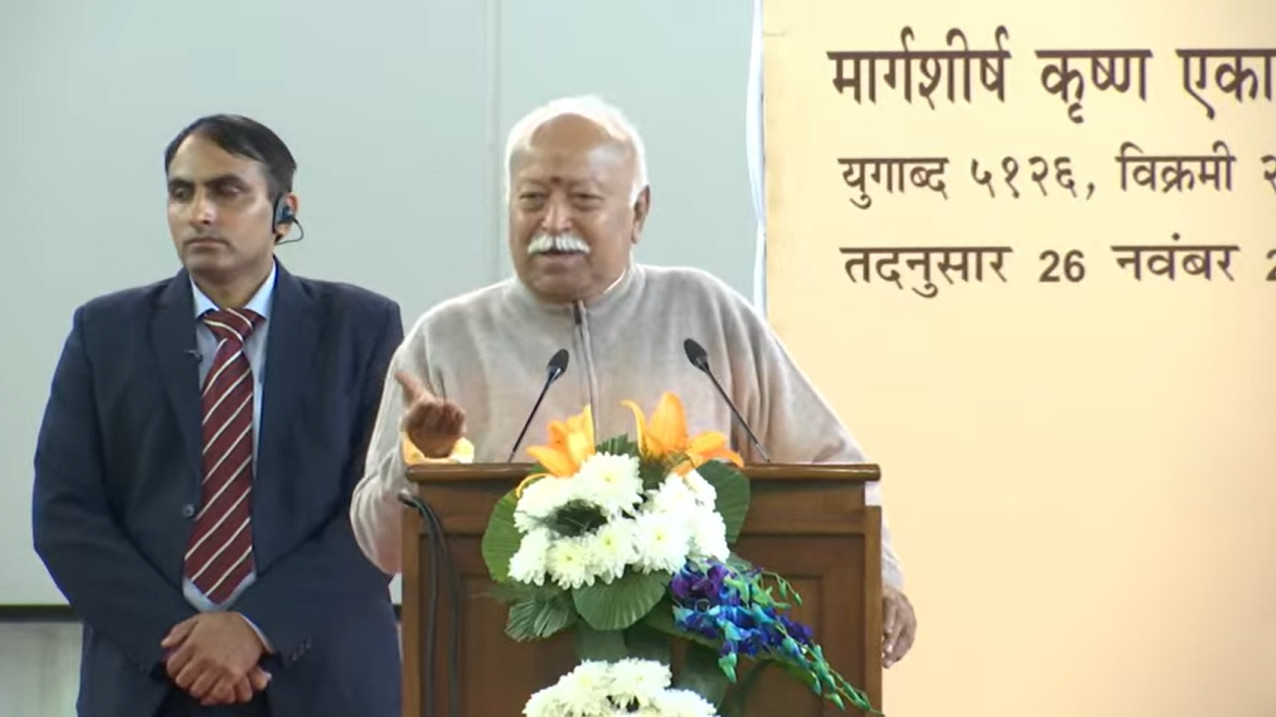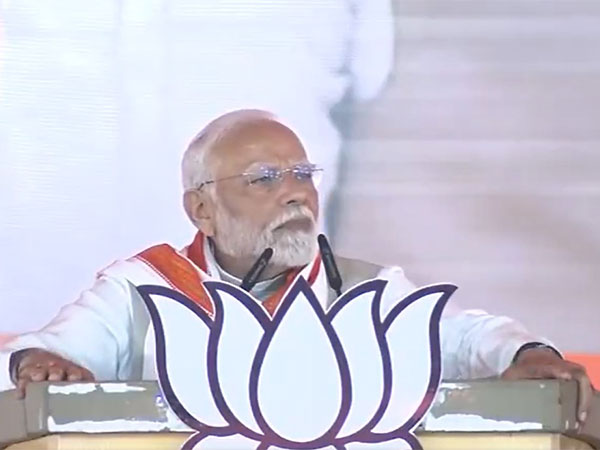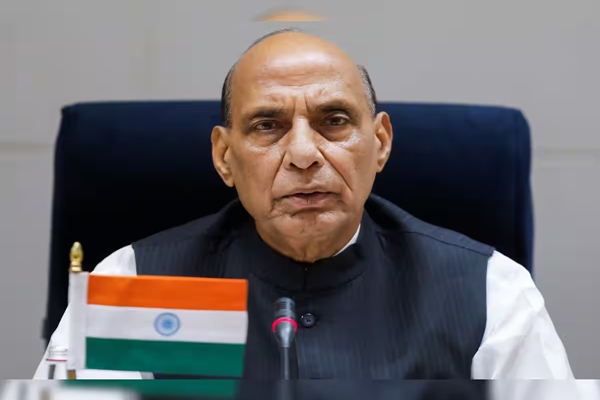Japan's benchmark Nikkei 225 dipped 0.4 per cent in morning trading to 33,479.71 after the producer price index in October came in a little higher than expected, at 2.3 per cent. In China, industrial profits declined less than last year, at minus 7.8 per cent in October. Wall Street ended last week mixed with a half-day trading session that capped a fourth straight winning week. The holiday shopping season kicked off with Black Friday amid concerns that spending may slow under pressure from dwindling savings, rising credit card debt and inflation.
Profits at China's industrial firms extended gains for a third month in October, with a 2.7% YoY rise. This follows stronger-than-expected industrial and consumption activity over October. For the first 10 months of 2023, profits slid 7.8% from a year earlier, narrowing from a 9% decline. A flurry of policy support measures has had only modest effect, raising pressure on authorities to roll out more stimulus. China's industrial output grew 4.6% in October compared to the same period last year, although a full-blown recovery remains some time away.
IndiGo launches AI chatbot, 6Eskai, powered by GPT-4 technology, to address travellers' queries in 10 languages and offer a platform for booking tickets. Developed in-house with Microsoft, it reduces customer service agent workload by 75%. 6Eskai has 1.7 trillion parameters and mimics human behavior, responds to emotions, and adds humor. It performs various tasks including booking tickets, applying discounts, web check-ins, seat selection, answering FAQs, and connecting customers with an agent. The chatbot understands written, typed, and verbal instructions.
ONGC signs term contracts to sell crude oil from Mumbai offshore fields at a premium to Brent crude oil price; Bharat Petroleum Corporation Ltd (BPCL) and Hindustan Petroleum Corporation Ltd (HPCL) buy 4.5 million tonne each; ONGC produces 13-14 million tonne per annum from Arabian Sea fields; Auctions of Mumbai High and Panna/Mukta fields oil; Refiners argue for discounts due to losses on petrol and diesel sales; ONGC resists discounts due to windfall profit tax; ONGC sells smaller volumes to subsidiary MRPL; Uran cargoes sold at lower premium due to local taxes.
India, the largest consumer and second-largest producer of sugar globally, has achieved a remarkable feat by being named the Chair of the International Sugar Organisation (ISO) for the year 2024. According to a press release by the ministry of consumer affairs, food and public distribution, this announcement came during the 63rd council meeting of the ISO held in London, signifying India's ascendancy in the global sugar sector. The country's status as the largest consumer and the second-largest producer makes it an ideal candidate to lead the apex international body.
Sri Lanka is expected to approve a proposal from Sinopec, the Chinese state refiner, to build a $4.5 billion refinery. The investment will mark a breakthrough for Sinopec as it expands beyond China's borders. The refinery will add to Sinopec's recently started fuel retailing business in Sri Lanka, where it operates 150 petrol stations. It may also target markets beyond Sri Lanka and use its partnership with China Merchants Port to expand bunker fuel supply at Hambantota port.
Blod.in introduces Blod+, a transformative healthcare software and logistics platform, revolutionizing blood management and delivery in India. Blod+ ensures steady blood access for hospitals, reducing wastage significantly. Healthcare giants like CloudNine, Bewell, Sooriya Hospital, and IMAX Hospital have adopted Blod+, highlighting its integration ease. It reduces the average sourcing time for blood from 6 hours to an average of 2 hours and 7 minutes, empowering blood banks to distribute blood more efficiently. The launch follows a funding round with investments from industry leaders.
In a proactive move aimed at mitigating potential systemic risks associated with the rapid growth of consumer credit, the Reserve Bank of India (RBI) has implemented stringent measures, impacting both banks and non-bank financial institutions (NBFIs). Fitch Ratings has provided insights into the repercussions of these regulatory adjustments on the financial sector. The central focus of the regulatory adjustments is to mandate banks and NBFIs to allocate more capital against unsecured consumer credit.







